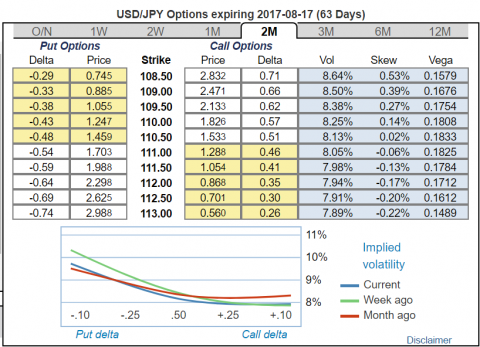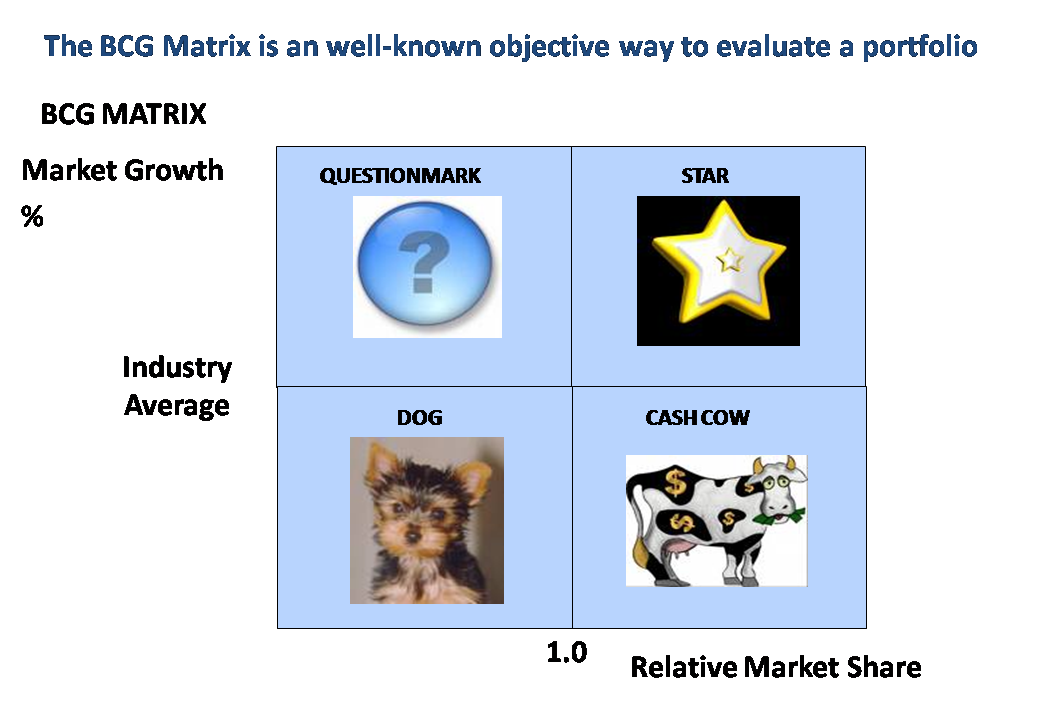Content

An income statement can be useful to management, but managerial accounting gives a company better insight into production and pricing strategies compared with financial accounting. Financial accounting rules regarding an income statement are more useful for investors seeking to gauge a company’s profitability and external parties looking to assess the risk or consistency of operations. An income statement, also known as a “profit and loss statement,” reports a company’s operating activity during a specific period of time. Usually issued on a monthly, a quarterly, or an annual basis, the income statement lists revenue, expenses, and net income of a company for a given period. Financial accounting guidance dictates how a company recognizes revenue, records expenses, and classifies types of expenses.

Second, accounting tries to measure economic events by assigning monetary values to them. Where quantification is not possible, some economic events are estimated. Thus, we cannot think of any business organisation without use of accounting in the modern world. Because, it is designed primarily to serve the different stakeholders in their decision-making process by providing them necessary, timely and relevant information. Forensic accounting is a specialty practice area of accounting that describes engagements that result from actual or anticipated disputes or litigation.
Accounting Information May be Biased
Now, although accounting is generally recognised with the business, trade and profession, the business enterprise is not the only kind of organisation that makes use of accounting. Legal entities ranging from individual to governments use and prepare accounting to obtain information on the financial condition and performance of the entity in question. Just as the business enterprises (like firms, companies, societies and institutions keep their accounts, so can the nations and even the individual owners of the business and profession entities. A transaction is an event which can be expressed in terms of money and which brings a change in the financial position of a business enterprise. An event is an incident or a happening which may or may not being any change in the financial position of a business enterprise.
While accountants recognize a tradeoff between relevance and reliability, information that lacks either of these characteristics is considered insufficient for decision making. Managerial accounting uses operational information in specific ways to glean information. For example, it may use cost accounting to track the variable costs, fixed costs, and overhead costs along a manufacturing process. Then, using this cost information, a company may decide to switch to a lower quality, less expensive type of raw materials.

Businesses must account for overhead carefully, as it has a significant impact on price-point decisions regarding a company’s products and services. At a basic level, equity describes the amount of money that would remain if a business sold all its assets and paid off all its debts. It therefore defines the stake in a company collectively held by its owner(s) and any investors.The term «owner’s equity» covers the stake belonging to the owner(s) of a privately held company. Publicly traded companies are collectively owned by the shareholders who hold its stock. Cash flow (CF) describes the balance of cash that moves into and out of a company during a specified accounting period. Examples include bank loans, unpaid bills and invoices, debts to suppliers or vendors, and credit card or line of credit debts.
Using Accounting Software
In addition to this financial overview, proper accounting practices prepare your business to file taxes and produce financial statements needed for potential investors or business loan applications. Accounting is popularly regarded as “the language of business” because it doesn’t just help you keep track of your money, but also helps you make informed decisions about your business. To speed up action, you may hire accounting professionals or purchase accounting software to ensure accurate financial audits and reporting.
- Cost accounting is concerned with the collection, classification and ascertainment of the cost of production or job undertaken by a business.
- It is concerned with the interpretation of accounting information to guide the management for future planning, decision-making, control, etc.
- Our partners cannot pay us to guarantee favorable reviews of their products or services.
- Many accounting practices have been simplified with the help of accounting computer-based software.
Accounting is the process of keeping track of your business’s financial transactions. Accounting software allows you to do basic tasks such as tracking inventory, invoicing and payments, and generating reports on sales and expenses. It’s useful for small businesses and freelancers who don’t have the resources to hire an accountant or bookkeeper.
What Is Financial Accounting?
In the U.S., licensed CPAs must have earned their designation from the American Institute of Certified Public Accountants (AICPA). Accountants may be tasked with recording specific transactions or working with specific sets of information. For this reason, there are several broad groups that most accountants can be grouped into. Therefore, the financial institutions need relevant accounting information to assess the liquidity position of the borrowing organization. The information required include Cash Flow Statement, Current Assets, Current Liabilities, security of assets offered against the current loan, fund required, etc.
- That cost would be recognized regardless of whether or not the consultant had invoiced the company for their services.
- For example, it may use cost accounting to track the variable costs, fixed costs, and overhead costs along a manufacturing process.
- Because, the overall performance of an organization depends, to a greater extent, upon its management policies and programmes.
- It also makes up a large part of the general information expressed in quantitative terms.
- Since they influence the future results of the organization, it is necessary for the management to take the decision after evaluating the pros and cons of different alternatives.
- Outsourcing can offer many advantages because it allows you to take advantage of specialized skill sets that may not be available when hiring someone in-house.
Nonprofit entities and government agencies use similar financial statements; however, their financial statements are more specific to their entity types and will vary from the statements listed above. Financial accounting guidance dictates when transactions are to be recorded, though there is often little to no flexibility in the amount of cash to be reported per transaction. International public companies also frequently report financial statements in accordance with International Financial Reporting Standards (IFRS).
What are some accounting concepts?
There are several actions that could trigger this block including submitting a certain word or phrase, a SQL command or malformed data. Many or all of the products featured here are from our partners who compensate us. This influences which products we write about and where and how the product appears on a page. Another easy to use option that’s perfect for self-employed entrepreneurs who need an affordable accounting solution is Neat. For some, such as publicly-traded companies, audits are a legal requirement.
Income statements are one of three standard financial statements issued by businesses. Businesses and organizations use a system of accounts known as ledgers to record their transactions. The general ledger (GL or G/L) is the master account containing all ledger accounts. It holds a complete record of all transactions taking place within a specified accounting period.Major examples of individual accounts in a general ledger include asset accounts, liability accounts, and equity accounts. Each transaction recorded in a general ledger or one of its sub-accounts is known as a journal entry.

The latter sense of the term adjusts these investments for any gains or losses the owner(s) have already realized.Accountants recognize various subcategories of capital. Working capital defines the sum that remains after subtracting accounting meaning current liabilities from current assets. Equity capital specifies the money paid into a business by investors in exchange for stock in the company. Debt capital covers money obtained through credit instruments such as loans.
Difference between Accounting and Accountancy
This may result in losses in the form of wages, labour and overheads, misappropriation obsolescence, deterioration, scrap and defective work etc. Likewise, labour cost is not recorded by jobs, processes or departments and, hence, it is virtually impossible to evaluate jobs or departments over a period of time. Financial data, presented at the end of an accounting period, is historical in nature, and prompt cost information on a day-today basis is not available. In the absence of up to date information, managers fail to initiate corrective steps at a right time. As an Information System, Accounting is involved in the process of converting inputs into outputs.
For example, a company that hired an external consultant would recognize the cost of that consultation in an accrual. That cost would be recognized regardless of whether or not the consultant had invoiced the company for their services. Others include accrued costs (costs incurred but not resolved during a particular accounting period) and accrued expenses (expenses or liabilities incurred but not resolved during a particular accounting period).
In fact, every organisation of human beings, regardless of the purpose of such an organisation, has felt the need for accounting information. In financial accounting, proper norms for efficient use of material, labour and costs are missing. As a result, there is no way to find out whether everything is progressing as planned or not. The financial data is interpreted in a meaningful way now so that various groups can arrive at decisions regarding the overall profitability of a business, its financial health and its future earnings potential etc. And it is the Accounting which processes, analyzes and interprets the data for the purpose of meeting the informational requirements of different categories of users of accounting information.
Consistency refers to the ability to make relevant comparisons within the same company over a period of time. After you enter a transaction and categorize it under an account, your accounting software will create a journal entry behind the scenes. Most modern accounting software uses the double-entry accounting system, which requires two book entries — one debit and one credit — for every business transaction. Accounting helps a business understand its financial position to be able to make informed decisions and manage risks. This is the act of tracking and reporting income and expenses related to your company’s taxes. You don’t want to be in a situation where you have to pay more income tax than is normally required by the Internal Revenue Service (IRS).